Photographs: Jay Mandal/Rediff.com Aziz Haniffa in Washington, DC
It's perhaps no small wonder that Pranab Mukherjee, is the go-to person in political circles and not just the Congress Party's savior, whether it be trouble-shooting or damage control, but considering his institutional memory and Constitutional expertise, an engaging debater and a vanquisher of mere mortals who dare challenge him on the constitutionality of even issues such as retroactive tax proposals that has America Inc, up in arms.
This facet was on display once again during an feisty interaction that followed a major address he delivered at the Peterson Institute for International Economics that had its Director, C Fred Bergsten, once of the foremost and brilliant American minds when it comes to economics and a close friend of Prime Minister Dr Manmohan Sngh, so awestruck with Mukherjee's intervention that he described it as a "formidable analysis of the constitutional system in India," and went on to profusely thank the Finance Minister for "your very precise, very specific and very thought responses."
Many in the audience were so mesmerised, that they told this correspondent that President Obama should have had Mukherjee arguing on behalf of the administration in defending his health care proposal, derogatorily referred to by the Republicans as Obamacare, in the Supreme Court recently, instead of his Solicitor General, who, several legal analysts said had completely mucked up the case that it was highly likely that the President's major initiative may be found unconstitutional by the high court.
...
Pranab's legal expertise floors leading US economists
Image: Pranab Mukherjee in New York in a file photo.Photographs: Jay Mandal/Rediff.com
It all started when Sadanand Dhume, a resident fellow at the influential neo-conservative Washington, DC think tank, The American Enterprise Institute, and one of the rising stars among the young generation of policy wonks on South Asia, referring to the issue of retroactive taxes - that dogged Mukherjee through his visit to DC last week, despite the letter's assurances that it would not be grandfathered going back 50 years but kick in only from the time of enactment - brought up the other concern in the US - that this new law had taken place in the context of the Supreme Court judgment and the criticism that has occurred that what this signals to the investor community is that when the court go against the government, instead of simply respecting the courts, the government will amend the laws."
The glint that appeared in Mukherjee's eyes and his mischievous smile, immediately Dhume completed his question, was an indication that he was going to thoroughly enjoy answering this query and true to form, he was in his element doing so.
Mukherjee acknowledging that "it's a very intelligent and interesting question," however, for starters pointed out that "it's not only in India (but) in every democracy, where the separation of powers is there, conflict between legislature and judiciary is almost perennial."
...
Pranab's legal expertise floors leading US economists
Image: He was speaking at the Peterson Institute for International Economics in the US."As per the scheme of the constitution," he explained, "it is the right of the legislature to make laws. (But) It is the right of the court and judiciary to interpret the law. But interpretation of law does not prevent the right of judiciary to amend the law."
Then, providing a history lesson to all, Mukherjee said: "You'll be surprised to know, the first amendment of the Indian Constitution was made as a result of a judicial pronouncement. Even then the entire constitutional body was not constituting for the first amendment in the Indian constitution itself was made out of the judicial pronouncement, because the outcome of the judicial pronouncement went against the intention of the legislature."
"Therefore, the legislature, reiterated their intention in a modified form and that was enacted," he said. "Therefore, not only in Indian constitution, or Indian system, but many other countries where this system is there, it prevails. Secondly, many a time, the judgment of courts differ."
Mukherjee said that "in the current case, the Supreme Court gave a judgement in a tax case recently for which I had to go through an amendment. In an earlier case, which is known as Maxwell case, the judgment was completely reversed."
...
Pranab's legal expertise floors leading US economists
Image: He had a feisty interaction that followed the major address."Different high courts has given different judgments, but why is the latest judgment is prevailing? Because that is the law. The last judgment will prevail, previous judgments will not prevail. But that does not mean that that judgment has no relevance."
Mukherjee also pointed out that "retrospective amendments has been done in the taxation laws, not only in India but even recently in the UK."
Obviously, using this precedent to take a hefty swipe at the British Finance Minister, who had also expressed deep concern over these retroactive taxes, which the US had also cottoned on to in order to berate India that the international community was up in arms over this proposal and that it would torpedo foreign investment in India, Mukherjee noted, "Section 58 of the Finance Act of 2010, was amended and the restrospective effect was given from 1987.
And, British courts agreed that this amendment of restrospective effect from 1987 is valid because somebody made his tax planning in such a way to avoid the taxes - that is at the cost of the general taxpayers, is not acceptable."
He also noted that "a number of times - and this is quite obvious in any growing society and system, it is bound to happen - the court will interpret in a way, (but) taking the interpretation of the court into view, the legislature will, expressing their view, adjusting it - either accommodating or rejecting - but adjusting it and it will get reflected in the legislature."
...
Pranab's legal expertise floors leading US economists
Image: Pranab Mukherjee was on a roll at the Peterson Institute for International Economics.And, if the audience thought he was done, it was sadly mistaken. Although the waiters and the kitchen staff were on the ready with the hors d'oeuvres as the reception time was already well past the scheduled time, there was no stopping Mukherjee, because he was on a roll.
Requesting permission from Bergsten to expand his soliloquy even further, Mukherjee explained, "From 1950, when Indian Constitution was amended - it was introduced 1950 and 1968, 18 years, Indian judiciary accepted the position that India's parliament has all the power to amend any part of the constitution."
He said, at first the Supreme Court had said, India's parliament "has no power to amend the fundamental parts of the Indian constitution. Then a series of court cases took place. At that point of time, the Indian Prime Minister, dissolved parliament, when to the electorate and said that I request special majority to amend the constitution to vest India's parliament with constituent power so that the judiciary cannot interprent the laws passed by parliament in its capacity as constituent power - exercising constituent power."
...
Pranab's legal expertise floors leading US economists
Image: He mesmerized the gathering with his knowledge.Mukherjee recalled that the Indian electorate gave its unanimous verdict "and the constitution was amended 24th amendment, 1971. Again, Supreme Court, in 1975, in another case, the Supreme Court had argued "that while you have constituent power, that you cannot change the basic character of the constitution. And what is the basic character - Supreme Court said it would not define what it is the basic character, but it will give illustrations - parliamentary system is basic character. You cannot detour from the parliamentary system to any other."
Thus, he asserted that "the point, which I am trying to drive at - and this is nothing new - is that in any living society, in any dynamic society, the differences between interpretation of the law and the lawmakers would continue and it will have its own way of resolution by both staying side by side, having different points of view. Therefore, there is nothing wrong in it."

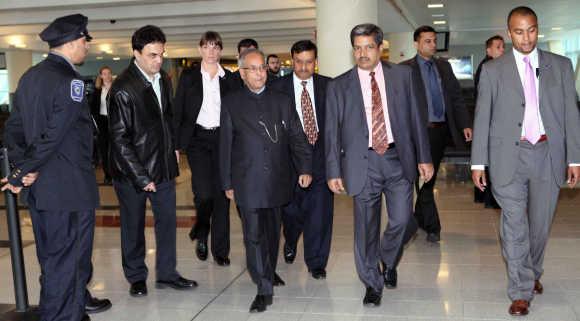
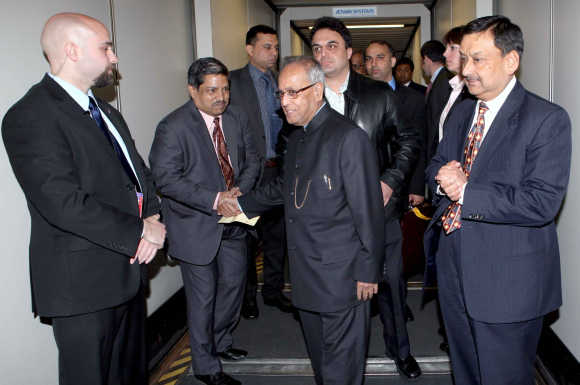
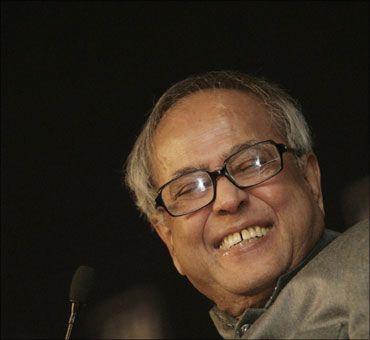
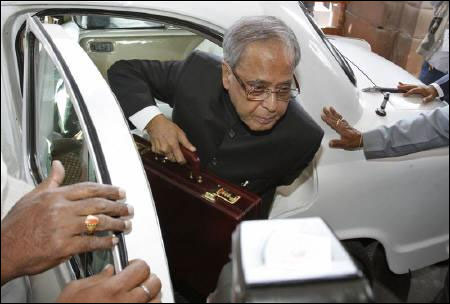
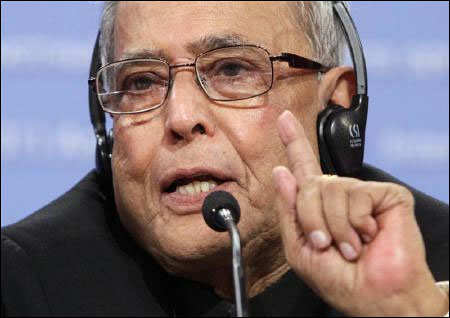
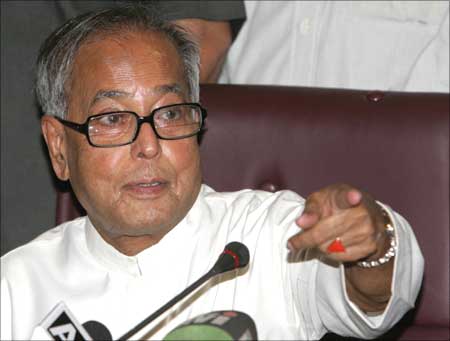
article